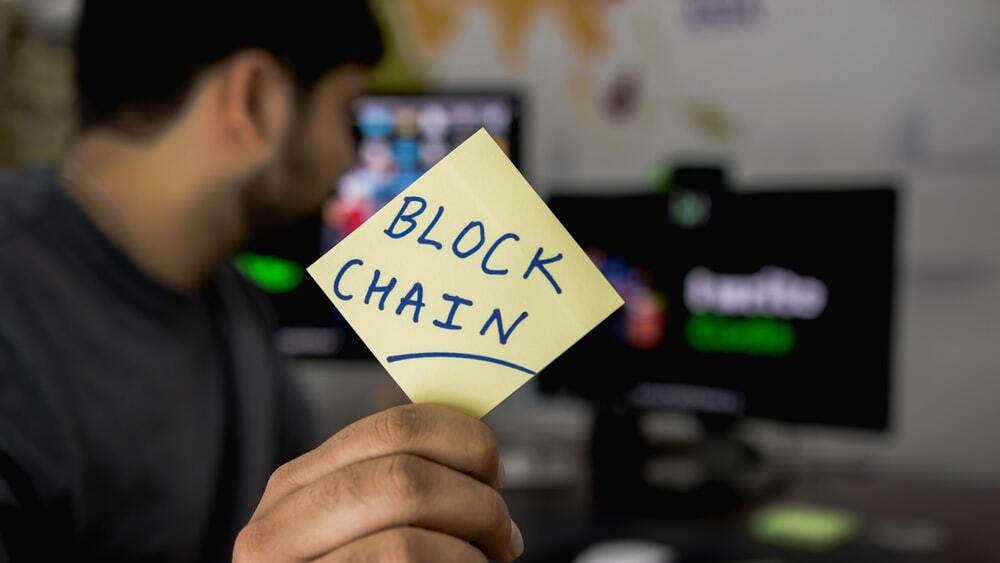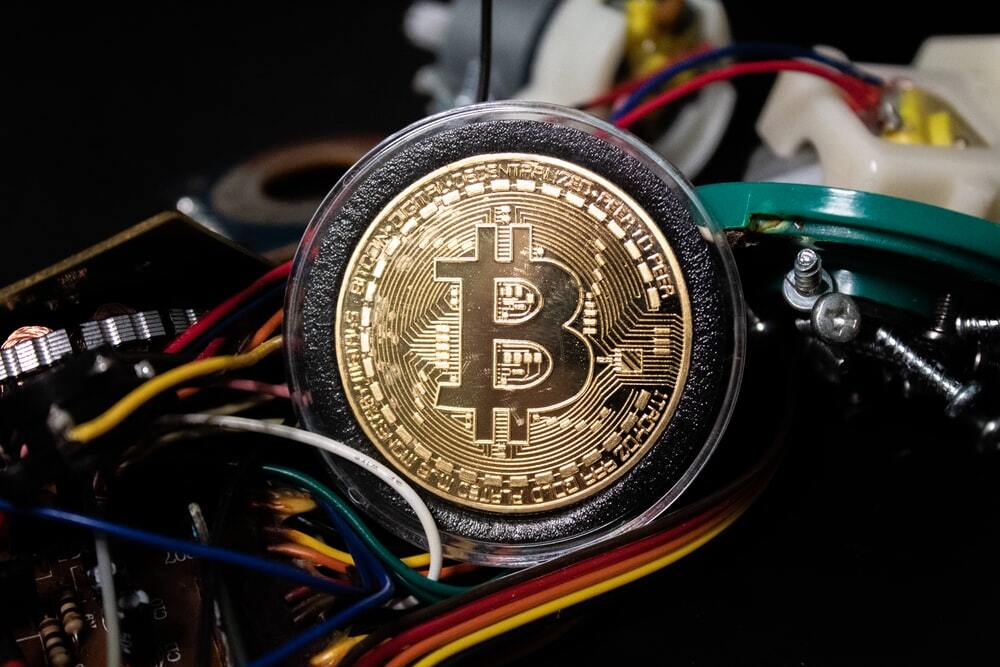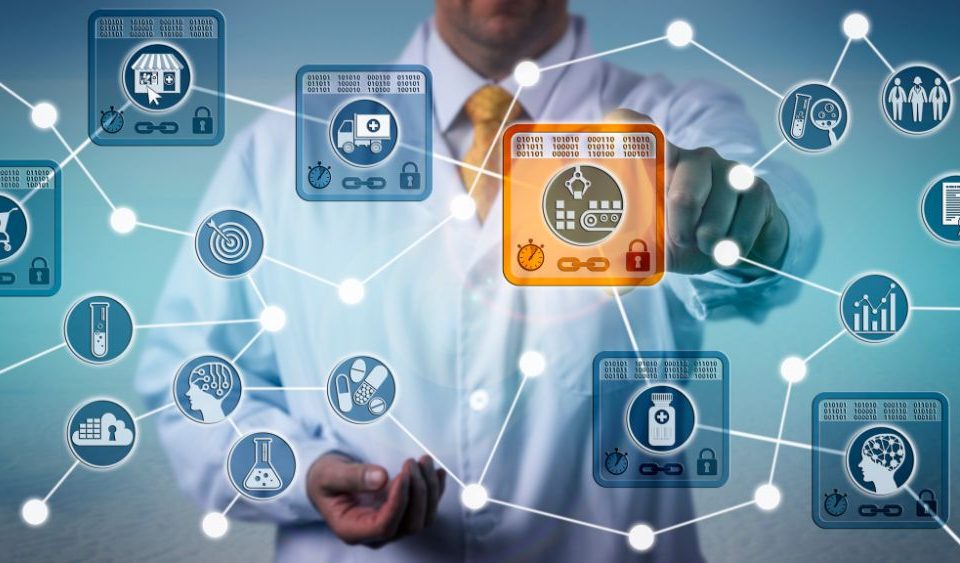Blockchain and social rights
Digital transformation has been on the road map for many companies for years. Because of the COVID-19 pandemic, and the fact that more people are using the Internet and social media than ever before, many companies have now accelerated these efforts.
One major innovation that many companies are implementing as part of their digital transformation efforts is blockchain technology. It offers them various benefits like increased security, transparency, and its distributed nature makes it very robust.
However, moving away from business, blockchain can effectively be applied to the social economy. So, although it’s often associated with Bitcoin and other cryptocurrencies, it’s versatile enough to be usefully applied here and provide a multitude of benefits.
As such, many developing countries like India, Kenya, and many others are discovering the vast array of blockchain applications and how its decentralized ledger technology (DLT) promises a secure, peer-to-peer mechanism for verifying information.
In this post, we will look at some of the applications of blockchain in the social economy in more detail.

Tracing Donations and Fundraising
Several financial crises over the years have weakened people’s confidence in financial institutions and their trust in technology. This is further exacerbated by growing concerns about data privacy and data security.
So, it can be argued, that a technology like blockchain, that increases transparency and trust, can easily be used to improve the fundraising process. It can do this by making donations and fundraising secure and traceable.
It can achieve this in two ways. For one, it could allow donors who donate funds to NGOs to follow the flow and destination of the donated funds.
In a similar fashion, NGOs can use blockchain-based systems for reporting. This will make it possible for them to report on every expenditure stream to show that the money donated is actually used for its intended purpose.
Improving Governance of Social Economy Organizations
By using blockchain technology, many social economy organizations can substantially change the way they are governed.
For example, they can make consultations with members and voting procedures more secure and traceable. This, in turn, could eliminate any disputes about the leadership of the organization.
It can also effectively be used to ease participation and involvement in the organization’s activities where members are spread out geographically or simply because there are too many members to hold traditional meetings.
In this way, these organizations can improve how they manage their governance.
Authentication Activities
Those social economy organizations, associations, and cooperatives in the fields of education and training could use blockchain technology to authenticate activities carried out at a distance. It can also allow them to tailor activities to a specific learner’s needs.
In addition, associations involved in entertainment, artistic, and intellectual productions can find great benefits from blockchain technology. They can, for example, use it to make intellectual property rights and copyright clearer and more certain. For example, smart contracts can be used for the transfer of content.
Certificating Skills
In addition to the above, associations or organizations involved in training and education can use blockchain technology to certify skills. Because its transparent by design, blockchain technology can enable these organizations to ensure the security of qualifications and diplomas in digital format.
The same technology can also allow them to issue digital certificates that automatically update the CV or resume of a worker or student once a course is complete.
Offering Secure Telemedicine and E-Care Systems
One of the biggest areas where blockchain technology can bring about significant improvements is in the area of health, personal care, and social assistance.
Here, it can be used for the secure storage of data and information and for access for and identification of the people concerned. As mentioned above, data security and data privacy is a serious concern and, in this case, blockchain technology can effectively solve this problem.
It can also allow social economy organizations to provide underserved communities in decentralized areas with secure telemedicine and e-care systems. This, in turn, can have a significant impact on their quality of life.
Another improvement can be by managing crowdfunding and providing complementary payment schemes for micro-credit transactions for people who don’t have access to a bank account.
Making Agricultural Products Fully Traceable and Identifiable
Many organizations and cooperatives in the agricultural sector are constantly looking for new technologies that they can use to make their products more traceable and identifiable.
By using blockchain technology, they have one such technology available that provides them with complete certainty. In turn, this allows them to prevent fraud and counterfeiting, which not only harm consumers but producers as well.
Blockchain technology can also make the relationship between these organizations and their grower members more transparent. As a result, the relationship will be more certain, and they’ll be able to reduce the costs of services like insurance against the risks like natural disasters.
Providing Better Energy and Environmental Services
Environmental associations play a vital role in the field of waste reduction and the collection and differentiated treatment of waste. These associations can effectively use decentralized distributed ledgers to improve the services they offer to the public.
Likewise, renewable energy organizations and cooperatives can optimize their distribution network and transitions by using blockchain technology.

The Bottom Line
Apart from forming the basis of cryptocurrencies and its use in financial industries, blockchain has the potential to offer many possible applications in the social economy.
All forms of social economy organizations and enterprises can benefit from its decentralization, transparency, reliability, and trust. As a result, it can bring about major positive developments for these organizations and the people they serve.
There is, however, one important aspect to note: to fully harness the potential of blockchain technology and for it to be sustainable for social economy organizations, it is fundamental to choose the right architecture and kind of blockchain. Indeed, too often public blockchains are preferred over private ones, but truth is that in the majority of the enterprise environment a private blockchain is the perfect fit.
To find out more about blockchain technology, visit our website or contact us for more details.
Contacts:
+39 02 45391390




